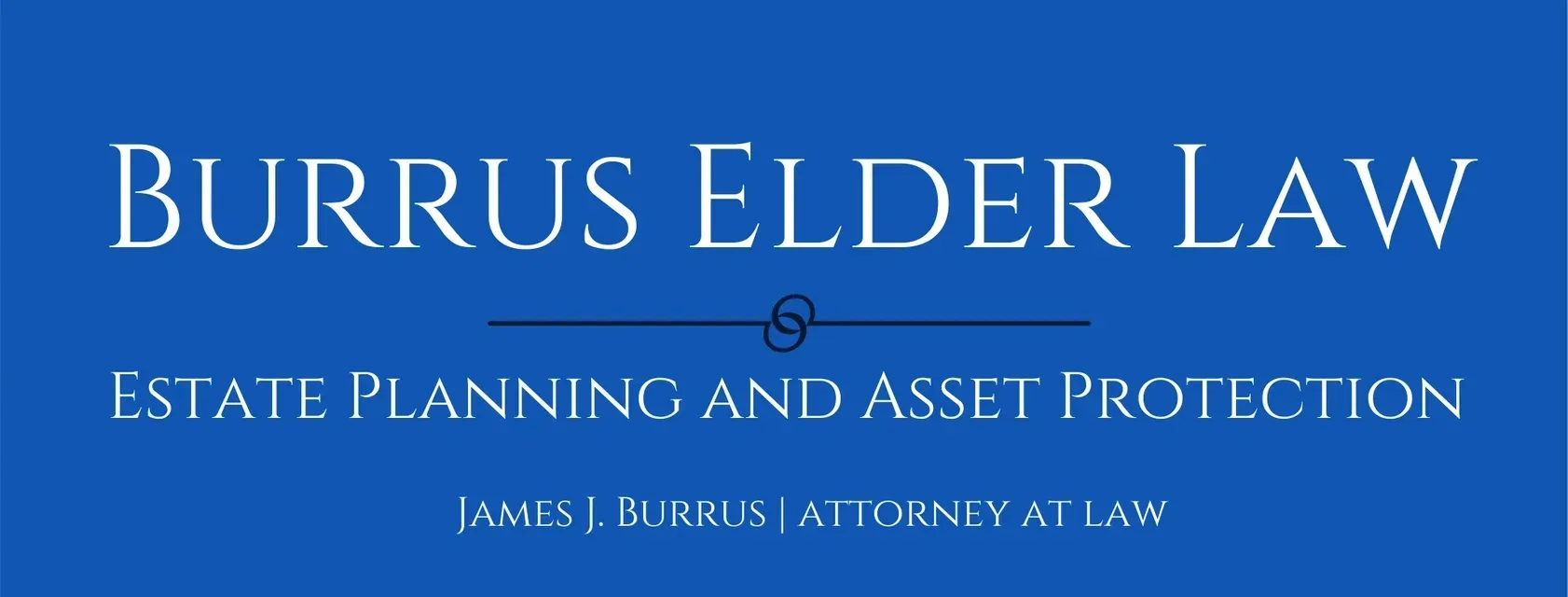Understanding the Probate Process for a Decedent’s Estate
When a loved one passes away, managing their estate can be a daunting task. Navigating the probate process is a critical component to ensure the proper distribution of assets and settlement of debts. Here, we will break down what probate is, how long it typically takes, and what costs you might expect.
What Is Probate?
Probate is the legal process that occurs after someone dies, involving the validation of their will (if one exists), inventorying the decedent’s assets, paying liabilities, and distributing the remaining assets to the rightful heirs. This process is usually overseen by a probate court, which ensures everything is done according to state laws and the deceased’s wishes.
Steps in the Probate Process
- Filing a Petition: The executor named in the will (or an interested party if no will exists) files a petition with the probate court to start the process. This often involves submitting the death certificate and the original will.
- Notifying Heirs and Creditors: The court oversees that all interested parties and creditors are notified of the decedent’s passing. Creditors are given the opportunity to file claims against the estate for any debts owed.
- Inventorying the Estate: The executor must compile a list of the deceased's assets. This includes properties, bank accounts, investments, and personal belongings.
- Appraising Assets: Some assets may need to be appraised to determine their fair market value.
- Paying Debts and Taxes: Before distributing assets, the executor must pay any outstanding debts, bills, and taxes from the estate’s funds.
- Distributing the Remaining Assets: After all liabilities are settled, the remaining assets are distributed to the beneficiaries as dictated in the will or by state law if no will exists.
How Long Does Probate Take?
The duration of probate can vary greatly depending on the complexity of the estate and state laws. On average, a straightforward estate with minimal debts and clear beneficiaries in Arkansas will take at minimum six months to a year to settle. More complex estates, especially those with disputes among heirs or significant assets, can take several years.
Costs Associated with Probate
Probate costs can also vary depending on several factors, such as the state of residence and estate complexity. Common expenses include:
- Filing Fees: These are paid to the court to initiate probate.
- Attorney Fees: Many executors hire a lawyer to help navigate the probate process. Fees can be hourly or a percentage of the estate value.
- Executor Fees: Executors are entitled to compensation for their work, which may be stipulated in the will or governed by state law.
- Appraisal Fees: If assets need to be appraised, the estate typically covers these costs.
- Other Administrative Costs: This can include costs for postage, notarization, and copies of documents.
While the probate process can be arduous and time-consuming, understanding it can ease some of the stress during a challenging time. It's often beneficial to consult with a legal professional to navigate probate efficiently and ensure all legal requirements are met.
701 North Walnut Street
Harrison, Arkansas 72601,
United States
